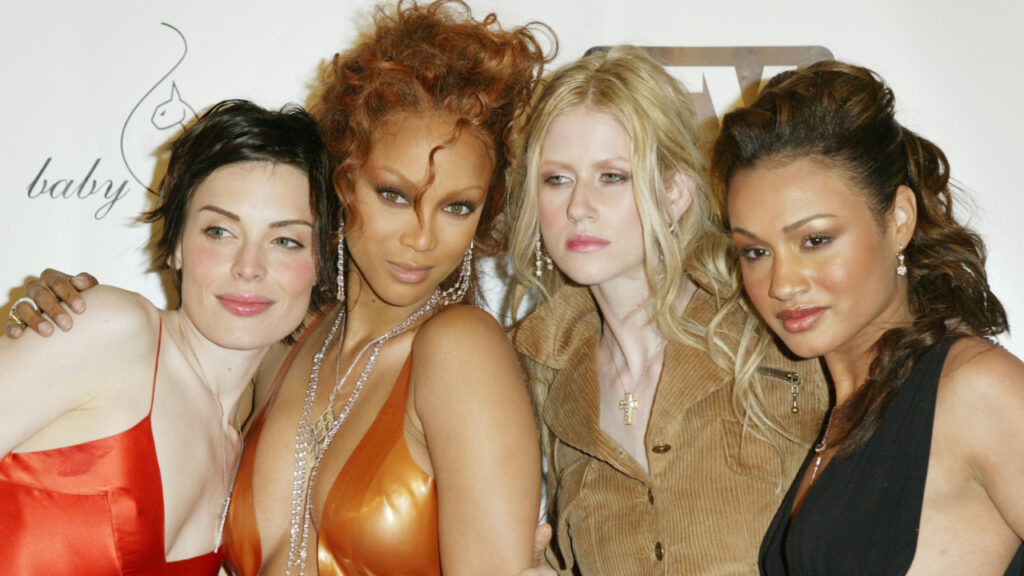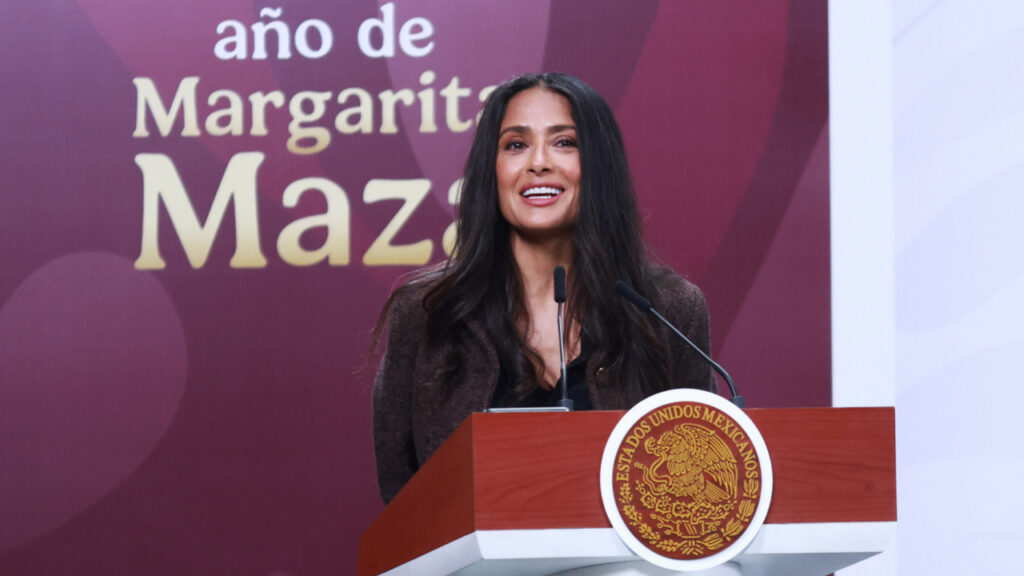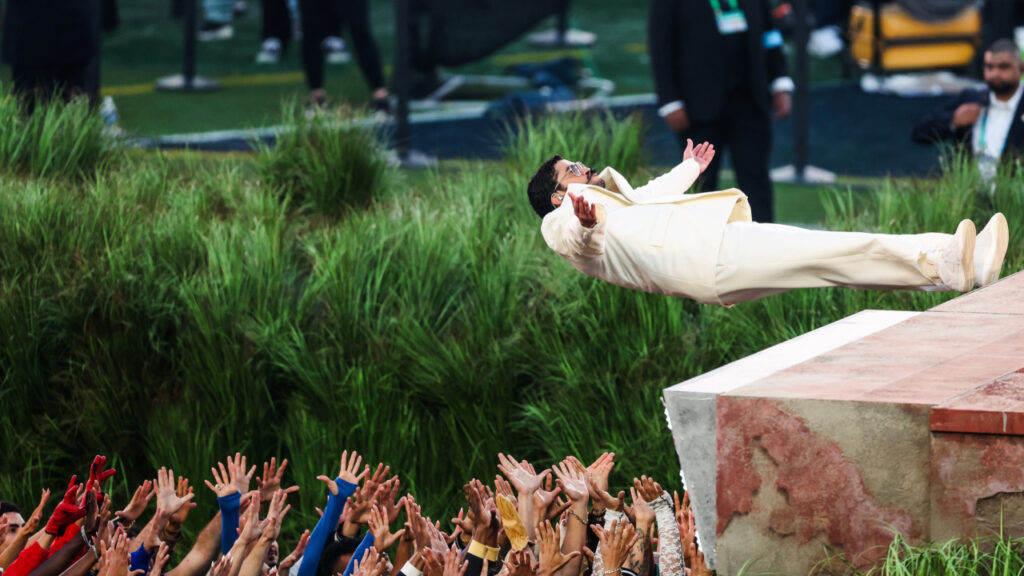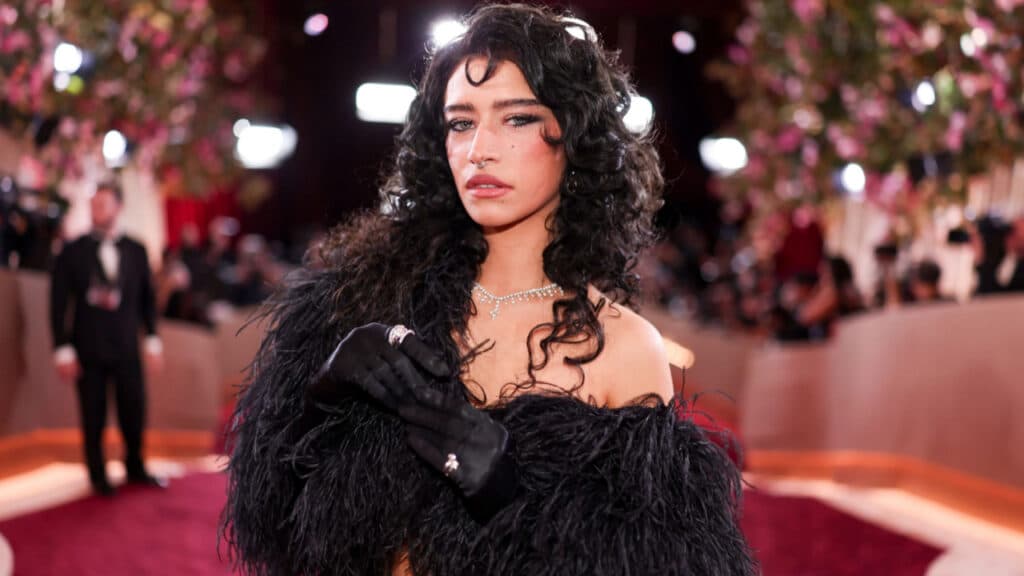
‘Betty La Fea Brought Issues to the Table’: Ana María Orozco on the Show’s Impact on Beauty Standards and Feminism
By 1999, Latin American television was a nest of platitudes. The women were stunning, the men unfaithful, and the love stories seemed to repeat endlessly. That was, until “Yo Soy Betty La Fea” came along.
Now, 25 years later, Betty La Fea returns to television with its sequel. And Ana María Orozco will return to the character that transformed the telenovela into the most successful in television history.
Along with the mitú team, FIERCE had the pleasure of speaking with Orozco about her character’s impact on the female audience.
The ‘Yo Soy Betty La Fea’ phenomenon
The Colombian telenovela produced and broadcast by RCN Televisión was written by Fernando Gaitán. The show broke with the typical structures of the traditional telenovela script. “Yo Soy Betty La Fea” follows the story of the main character, Beatriz Aurora Pinzón Solano, played by Ana María Orozco. Betty was an “unattractive” but fiercely intelligent woman who worked for the fashion company Ecomoda.
For all of us girls who sat in front of the TV with our reading glasses and braces, this was the first time we saw ourselves on the screen. Moreover, it was the first time anyone told us that, in our culture, being smart was more powerful than fitting into the rough-and-tumble beauty stereotypes in Latin America.
“She’s a character I love dearly,” Orozco said in an exclusive interview with the mitú team. “I think at the time [Betty’s character] was able to bring issues to the table that weren’t touched on in traditional novelas. She made it possible to question this whole issue of beauty, to debate it, to talk about it.”
Orozco assures that, although the change in gender roles in Latin America still has a long way to go, “Yo Soy Betty La Fea” left an important message.
A personal experience
For Ana María Orozco, gender roles are not a new issue. Her father, Luis Fernando Orozco, was a well-known actor on the Colombian stage. However, in the role of Betty, Orozco also has an important relationship with the figure of Don Hermes, a rigorous father.
Orozco then seems to draw from personal experience to bring her Betty character to life.
“I think [my father] is part of a generation of very strong, authoritarian men and fathers,” Orozco told us. “They were raised to be that way.”
Although the actress assures us that things “have been changing and we have become aware,” these are processes that “take time in our countries.”
So, is Betty a feminist icon?
In Latin America, feminism was initially a matter of women writers. From Isabel Allende to Julia de Burgos, the female experience was always championed in books. However, television, often fueled by scripts written by men, perpetuated stereotypes that haunt us even today.
But “Yo Soy Betty La Fea” broke with that. Although her main character had exaggerated traits that many would consider “ugly,” her intelligence, knowledge, and cunning made her the heroine of the millions of viewers who followed her faithfully for years.
In fact, Betty breaks through the obstacles of prejudice and proves herself best suited to run the fashionable company.
For Orozco, who never considered the possibility of Betty being a feminist icon, perhaps her character ended up becoming one “without intending it.”
“She is a woman who has always been true to her essence, who has questioned herself,” Orozco said. “She wants to be professional and take risks. And she will continue to do so.”
The Ugly Betty sequel “La Historia Continua” will premiere on July 19, 2024, on Amazon Prime Video.
Yamilet Hernández contributed to this story.




